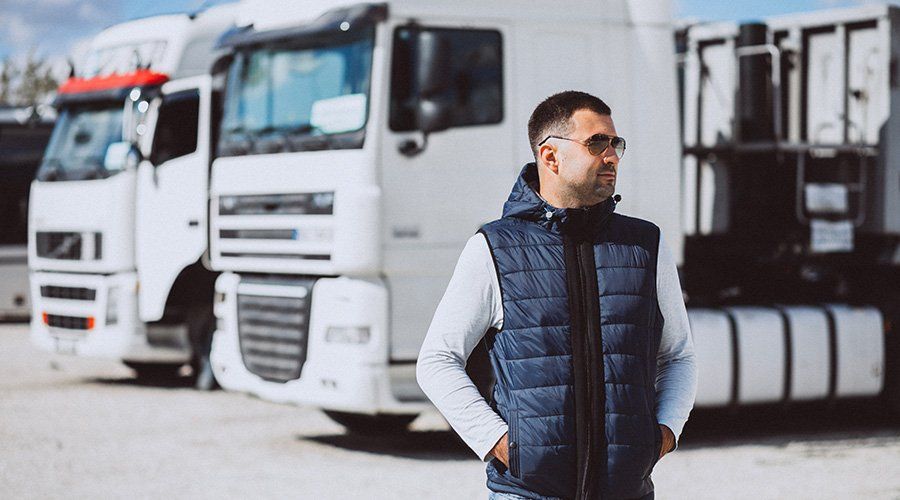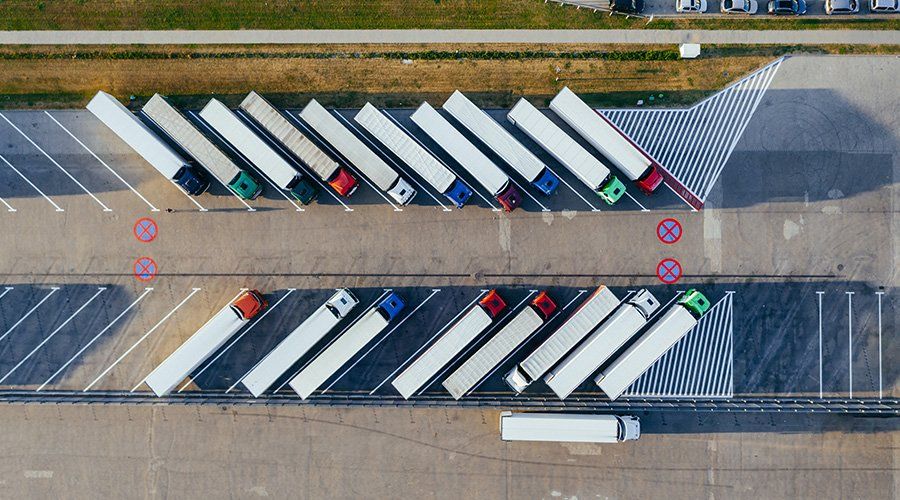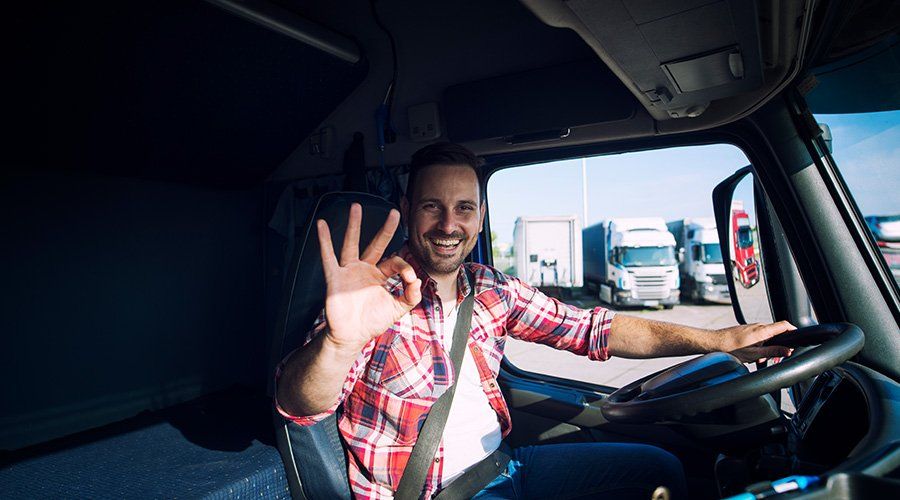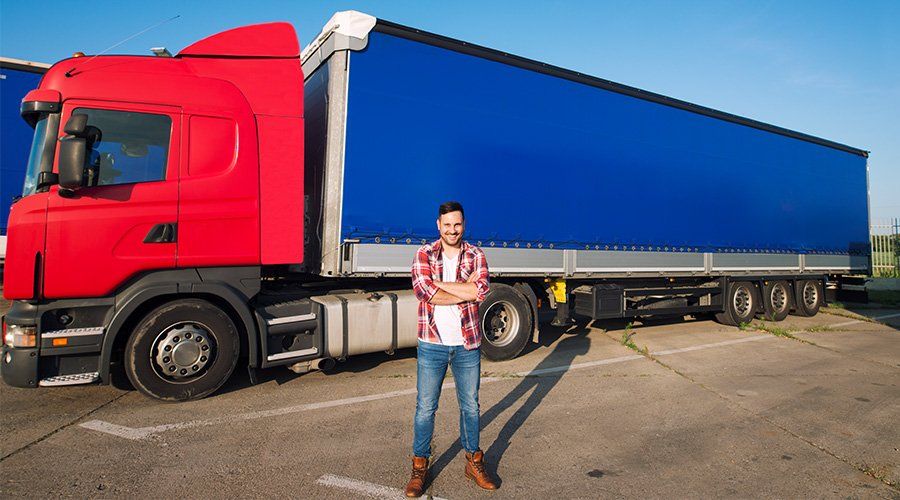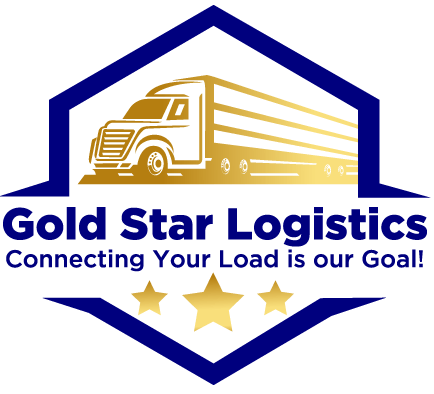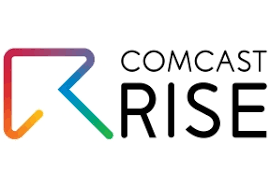
Drug testing is part of most job interview processes, but it’s particularly important for the trucking industry. Not only are we responsible for keeping the public safe by maintaining a drug- and alcohol-free workforce, the Department of Transportation regulates the drug testing requirements for our prospective and current employees. Read on to learn more about CDL drug testing requirements.
Why Do We Have CDL Drug Tests?
A CDL drug test, or more commonly known as a DOT drug test, is a drug test that is regulated by the Department of Transportation. Beginning in 1991, the government recognized the inherent need to monitor the transportation industry for drugs and alcohol. The Omnibus Transportation Employee Testing Act was passed, implementing drug and alcohol testing requirements for safety-sensitive positions.
Who Is Required to Get a DOT Drug Test?
DOT drug tests are required for flight crews, aircraft dispatchers, U.S. Coast Guard crew members, train workers, and more, including truck drivers. Specifically, a CDL drug test is required for “commercial driver’s license holders who operate Commercial Motor Vehicles (CMVs), vehicles that carry 16 passengers or more (including the driver), or vehicles that transport hazardous materials and are required to display a DOT placard,”
according to Concentra, one of the nation’s premier drug testing labs.
What Does a CDL Drug Test Screen For?
Though much more extensive drug screening panels are available, a DOT drug test is a 5-panel drug test. Per the Federal Motor Carrier Safety Administration, a DOT drug test screens for:
- Marijuana
- Cocaine
- Opiates – opium and codeine derivatives
- Amphetamines and methamphetamines
- Phencyclidine – PCP
Marijuana includes THC, and amphetamines includes methamphetamines and MDMA. The opiates category includes things like codeine, heroin, morphine, hydrocodone, oxycodone, hydromorphone, and oxymorphone.
When Does a CDL Drug Test Occur?
A DOT drug test is part of your pre-employment screening program (link to Your Guide to DOT Background Check Requirements for Drivers), but for added security, companies are required to conduct a drug test at other points during employment too:
- Reasonable suspicion/for cause: this means that if you believe that your driver is under the influence of drugs or alcohol (based on markers like speech, smell, behavior, etc.), you must conduct a DOT drug test.
- Randomly: Random drug testing is a big part of the trucking industry. This is done via a genuinely random screening process, which can be managed by your screening provider for ease. Random drug testing occurs quarterly.
- Return-to-duty: If a drug or alcohol violation occurs, you are required to retest your driver before they return to work. The test is conducted with observation, and the driver may be screened without warning six times over the next 12 months.
- Follow-up testing: In addition to return-to-duty testing, follow-up testing can be required for up to five years. These specifics are managed by a Substance Abuse Professional (SAP), who determines how often your driver is tested and for what.
- Post-accident testing: The DOT outlines what criteria constitutes an accident for which post-accident testing is required. An alcohol test must be conducted within eight hours, and a drug test must be completed within 32 hours.
Why Is a CDL Drug Test Important?
DOT drug tests come down to one basic benefit: safety. A drug- and alcohol-free workforce is best for any job, but safety-sensitive positions bear a particularly strong responsibility to the community. It’s understandably important that our drivers be free of drug and alcohol influence while responsible for massive machinery. A DOT drug testing program keeps your employee safe, the public safe, and your brand reputation safe.
Have More Questions?
Are you just getting started in the trucking industry and have questions before moving forward? Gold Star’s mentoring and coaching programs are just the fit for you.
